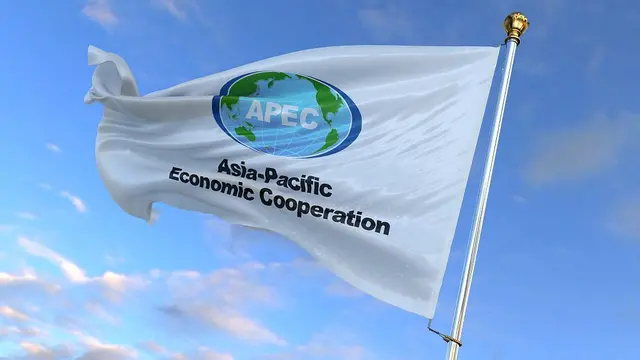Author: Yaroslav Lisovolik, Program Director of the Valdai Discussion Club, Russa
On the 15th and 16th of November, the 17th Summit of the Group of Twenty (G20) will be held in Bali, Indonesia.
Russia’s participation in the G20 summit will be focused on the economic agenda associated with the need to counter the risks of a global recession. Russia will also participate in meetings with its partners from the developing world, including meetings with BRICS economies – these discussions are likely to center on ways of boosting mutual trade, investment and payments undertaken in national currencies. There will also be a need to address some of the acute global problems of this year such as issues in energy and food security – their resolution will call for greater coordination between developed and developing countries. Another challenge that will need to be addressed is the high level of protectionism in the global economy that has particularly detrimental effects on least developed economies. There may also be scope for discussions on ensuring greater inclusivity of the G20 platform via allowing for the regional blocks of the developing world, such as the African Union, to become full-fledged members of the G20 forum (as is the case currently with the EU).
The main focus of the G20 meetings is directed at addressing the challenges faced by the world economy, particularly now when the risks of a global recession are mounting. At the same time, the G20 offers the possibility to conduct high-level meetings that may be used to attain breakthroughs on some of the key issues on the global policy agenda. When possible and if there is political will these possibilities need to be realized for the benefit of global security.
The G20 has been instrumental in launching coordinated anti-crisis stimuli in the course of the past several phases of global crises. There have also been a number of important initiatives to bolster international economic cooperation, but on the whole the severity of the global problems afflicting the world economy today (energy crisis, indebtedness, looming recession) suggests that the effectiveness of the G20 does have its limitations. The latter to a significant degree has to do with the inability of developed and developing economies to overcome their differences on key global issues, much as was the case with the lack of effectiveness of the WTO.
Russia views the G20 as an important platform of international cooperation that brings together the largest developing and developed economies. In the course of its G20 membership Russia has advanced a number of proposals and initiatives related to reinforcing international economic stability, job creation and developing an integrated approach to labour market policy (all these initiatives launched during Russia’s chairmanship in the G20 in 2013). Russia also views the G20 as a useful platform for strengthening economic policy coordination among the BRICS economies (all of BRICS are G20 members) as well as with other large economies of the Global South.
The Valdai club actively participates in the T20 (think-tank 20) track of the G20, with the main focus being the exploration of new pathways to building international economic cooperation. In particular, the Valdai club in 2017-2018 proposed to create a Regional 20 (R20) mechanism that is to bring together the regional integration arrangements led by G20 economies. This would in turn allow for an expanded participation in global governance of small and medium-sized economies that are the regional partners of G20 members.
(APD News)
 简体中文
简体中文

